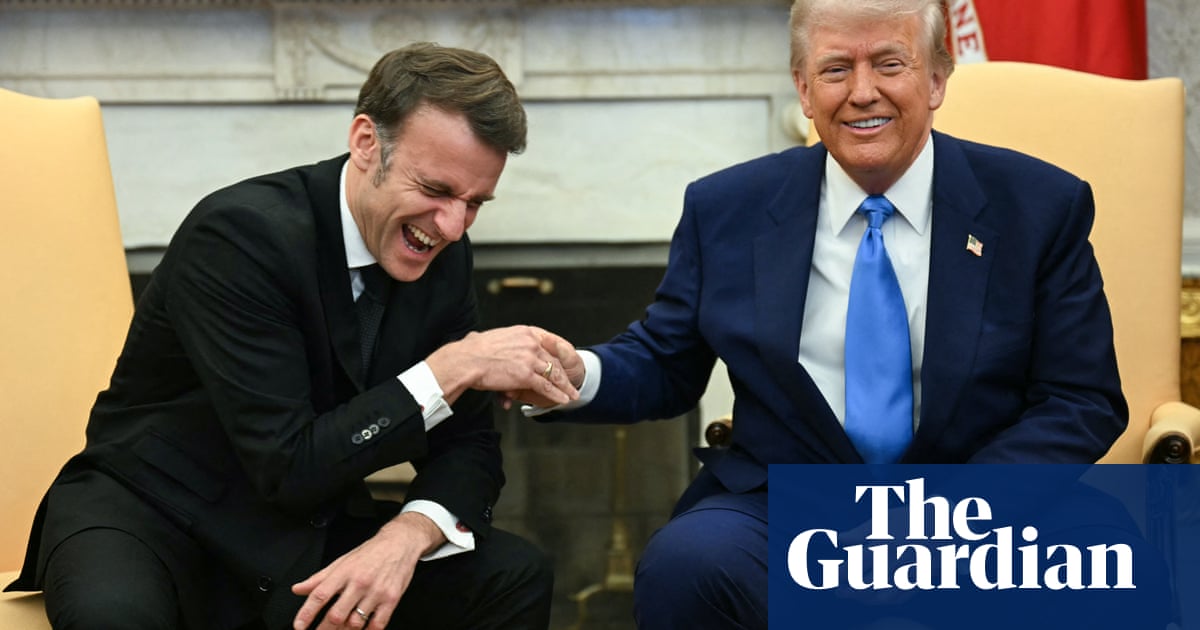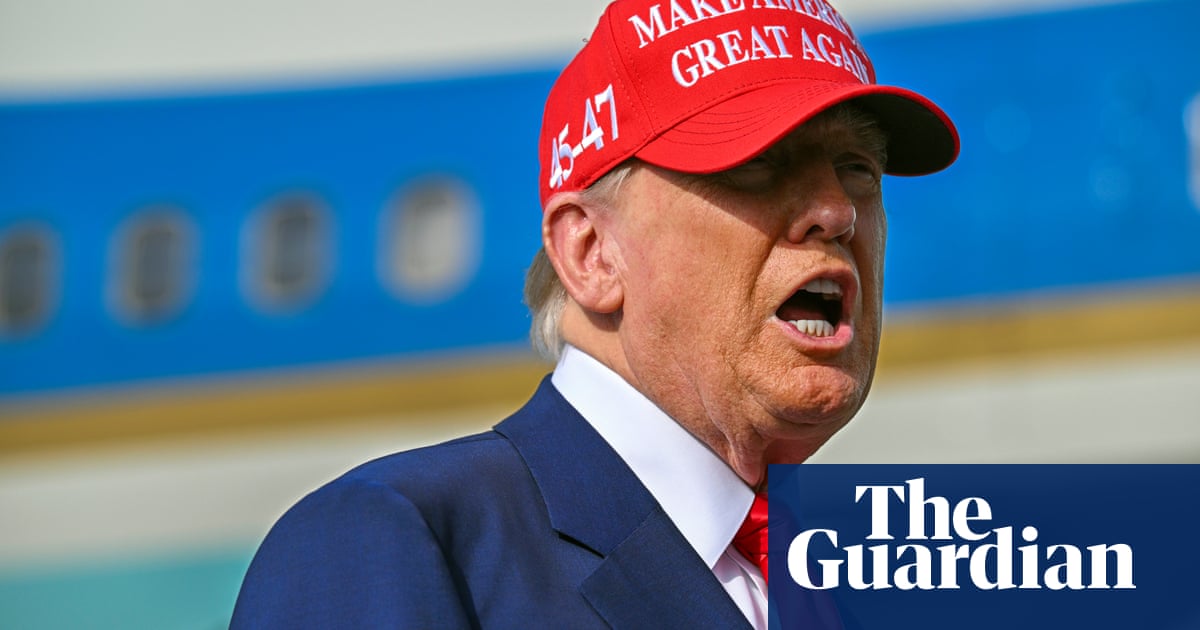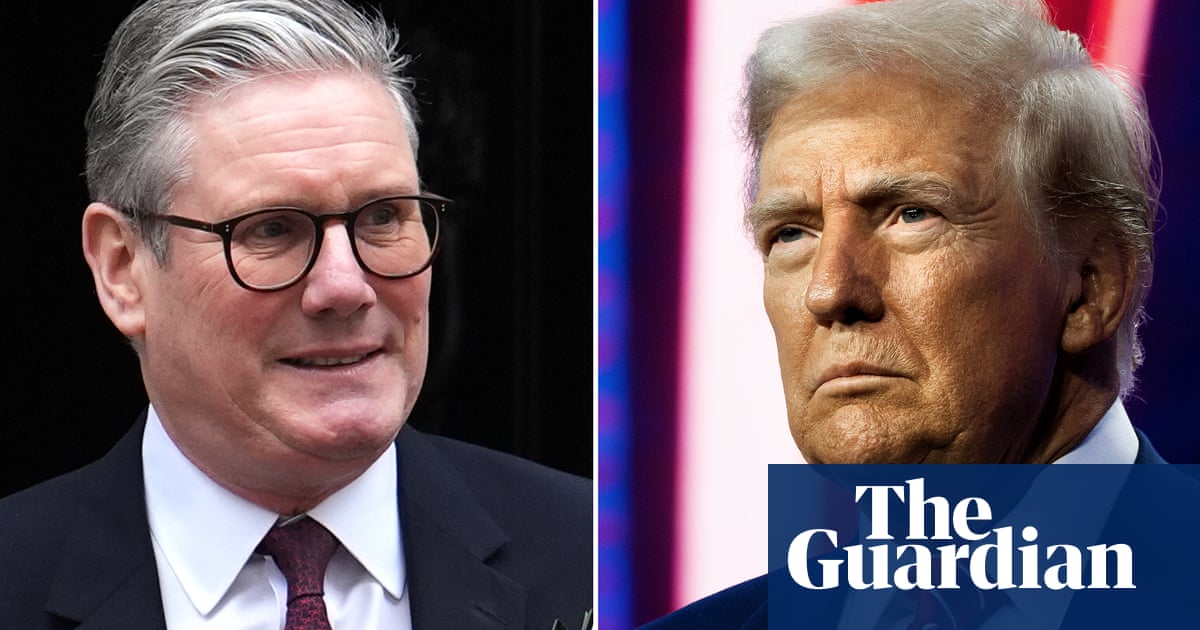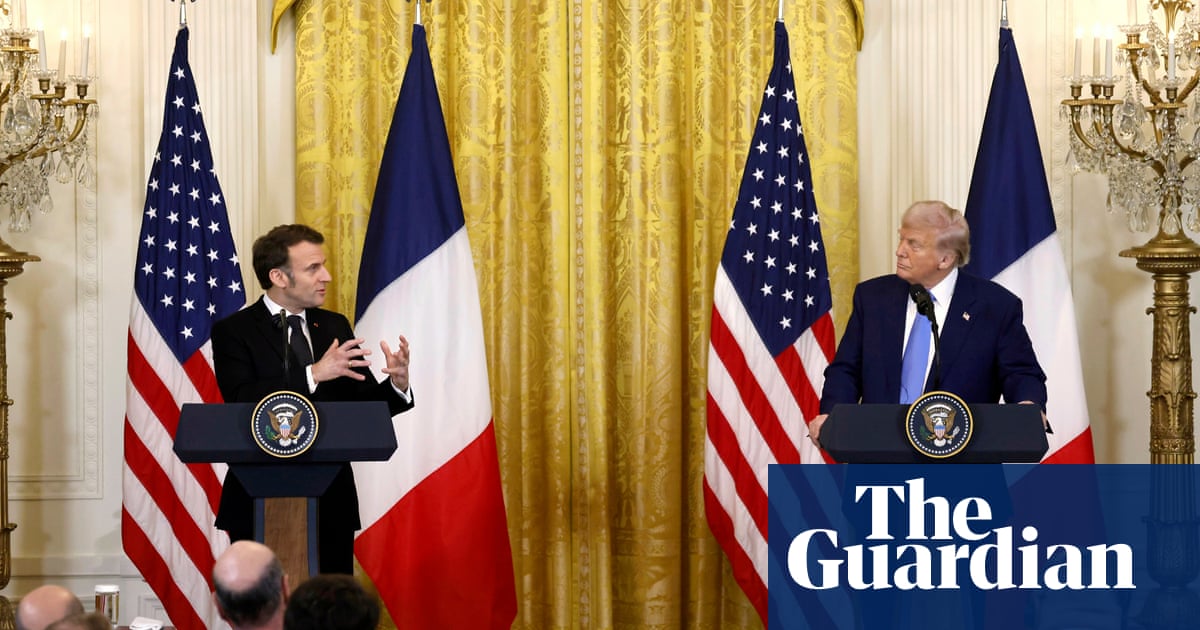Mitch McConnell, the Republicans’ outgoing leader in the US Senate, has called on Donald Trump to avoid an “isolationist” foreign policy during his looming second presidency – and urged him to back up a surge in American “hard power” by continuing to support Ukraine in its war against Russia.
In a 5,000-word essay in Foreign Affairs magazine, McConnell, 82 – who retires as the GOP Senate leader at the end of this term in 2027 – takes issue with a strand of foreign policy thinking in the party’s pro-Trump “Make America great again” (Maga) movement, which casts China as the US’s biggest threat and advocates turning away from the war in Ukraine to tackle challenges in Asia.
He also urges continued robust support for Nato, the military alliance which Trump has often criticised and has threatened to withdraw US backing from unless European members increase their share of defence spending.
Warning Trump that he would confront a more dangerous world when he returns to the White House in January – and pinning much of the blame on Joe Biden’s outgoing administration – McConnell writes: “The response to four years of weakness must not be four years of isolation.”
In a coded rebuke to senior pro-Trump figures such as JD Vance, the incoming vice-president, McConnell dismisses the idea that Ukraine should be abandoned in favour of an all-out confrontational approach towards China.
“Even though the competition with China and Russia is a global challenge, Trump will no doubt hear from some that he should prioritize a single theater and downgrade US interests and commitments elsewhere,” he writes.
“Such thinking is commonplace among both isolationist conservatives who indulge the fantasy of ‘Fortress America’ and progressive liberals who mistake internationalism for an end in itself.”
He accuses some members of his own party of “retrench[ing] in the face of Russian aggression in Europe”, although he does not spare the left, which he says is reluctant to confront Iran and support Israel.
But it is the swipe at Republican “isolationism” that is certain to attract more attention. McConnell, who has a tense relationship with Trump – calling him “stupid” and “despicable” after his 2020 presidential election defeat – will have a platform to push his foreign policy agenda in the Senate term, when he will become chair of the subcommittee on defence appropriations.
Trump has frequently voiced misgivings about US military aid for Ukraine and has claimed he would end its war with Russia in 24 hours.
For his part, Vance is on record as saying he does not “really care what happens to Ukraine one way or another”.
Taking aim at those views directly, McConnell writes: “Republicans who consider Ukraine a distraction from the Indo-Pacific should recall what happened the last time a president sought to reprioritize one region by withdrawing from another. In the Middle East, [Barack] Obama’s premature withdrawal from Iraq left a vacuum for Iran and the Islamic State (also known as Isis) to fill.”
Trump can only effectively confront China and the adversaries, he adds, by continuing to back Ukraine: “A Russian victory would not only damage the United States’ interest in European security and increase US military requirements in Europe; it would also compound the threats from China, Iran, and North Korea.”
McConnell, who has said he will feel “liberated” by no longer holding the Repbulican leadership in the Senate, is also supportive of the US’s European allies – saying many of them have boosted their defence spending commitments – while taking a swipe at Hungary, whose far-right prime minister, Viktor Orbán, has been feted by Trump and his Maga acolytes.
“After major surges in their defense budgets, US allies on the continent now spend 18% more than they did a year ago, a far greater increase than the United States,” he writes.
But there are – inconveniently, for Orbán’s Republican admirers – exceptions to this trend, he continues. “One of the West’s most glaring vulnerabilities to the influence of Russia – and China and Iran – is Hungary’s self-abnegating obeisance to those countries,” McConnell writes.

 2 months ago
33
2 months ago
33













































